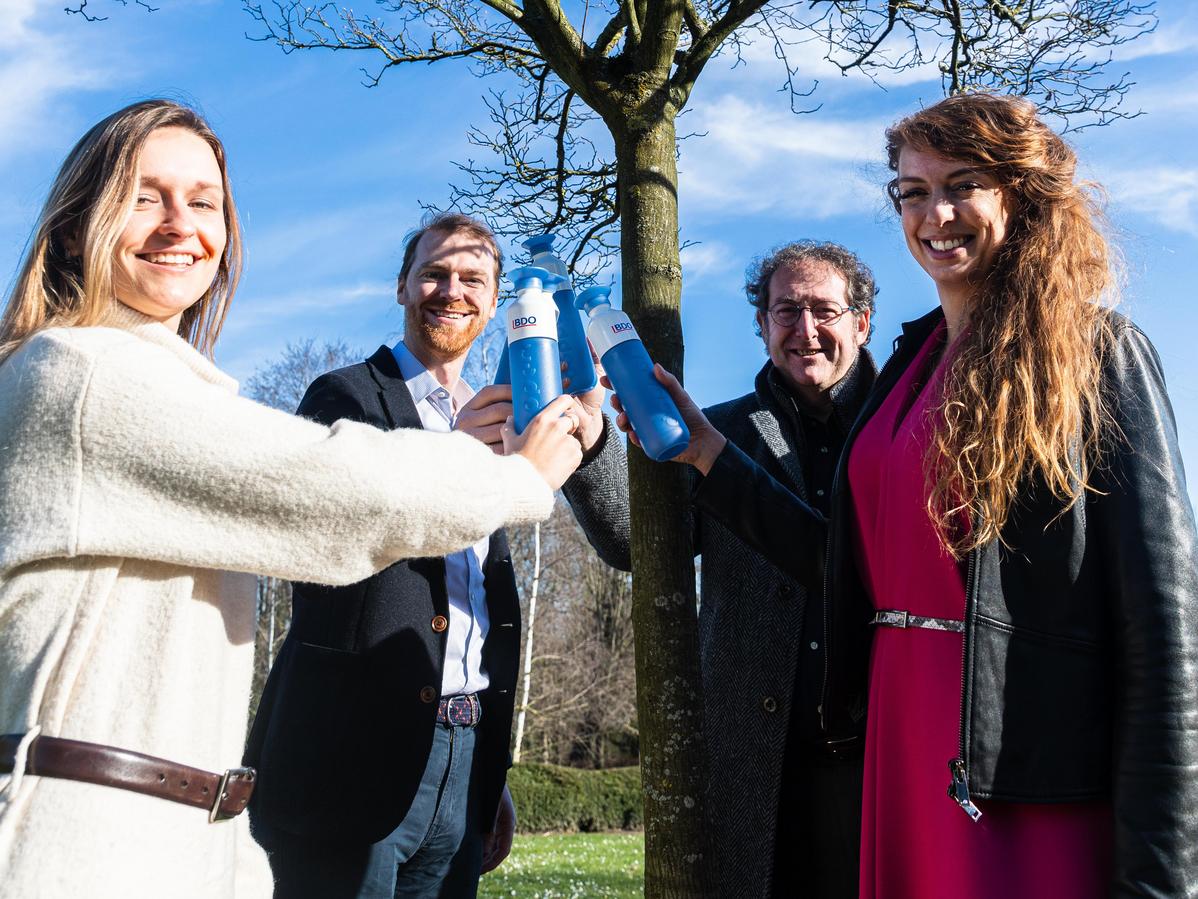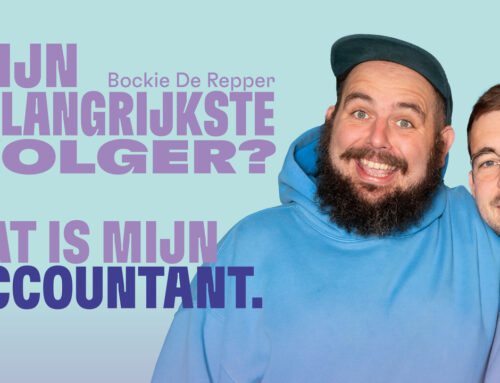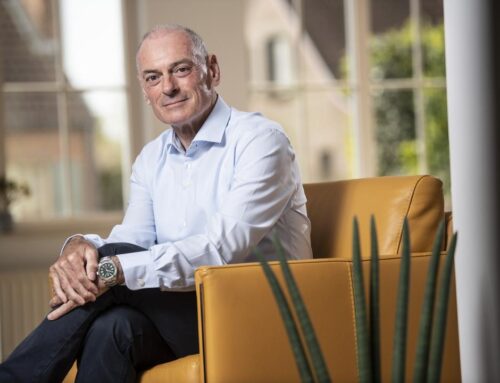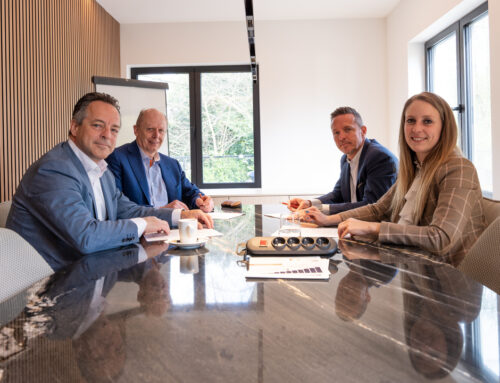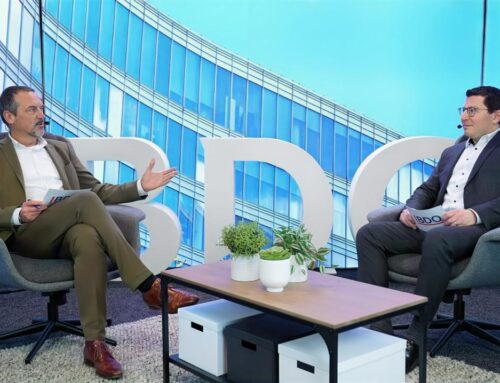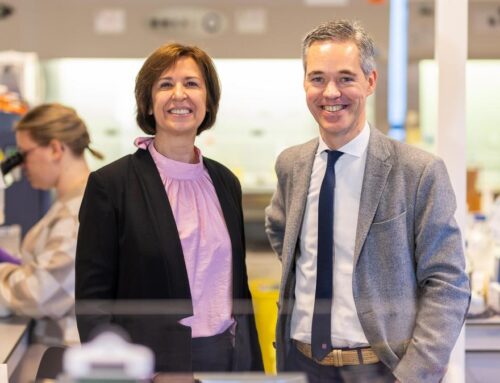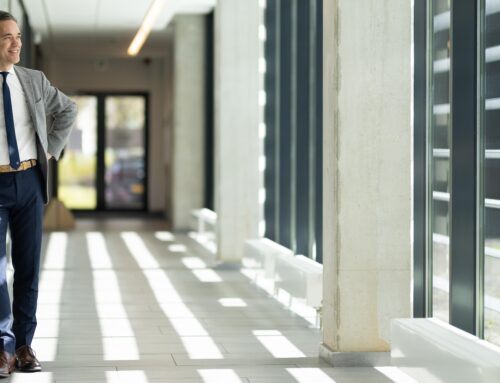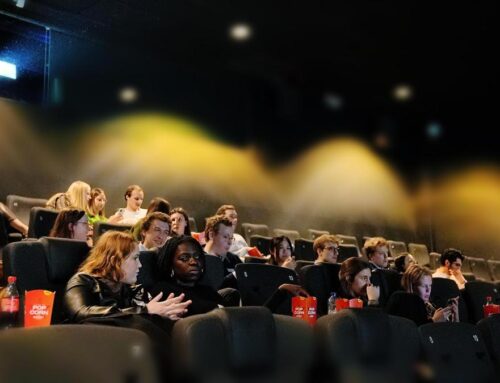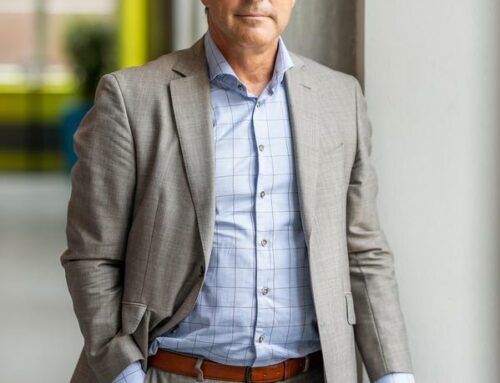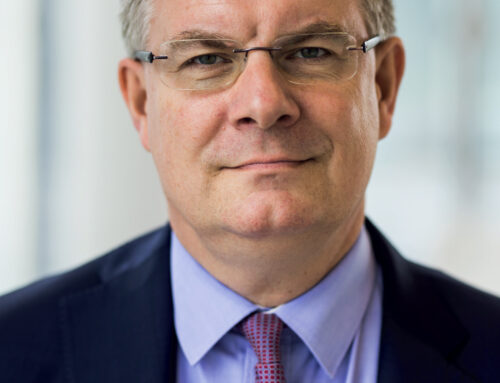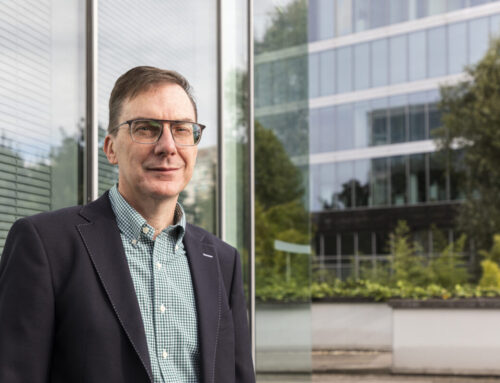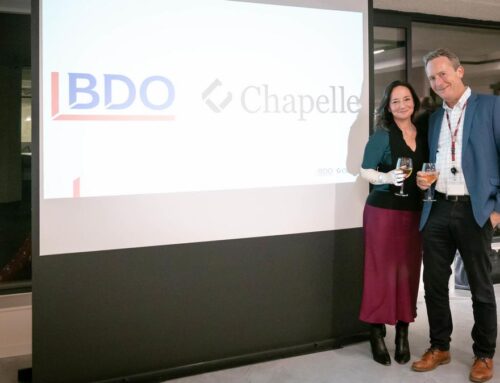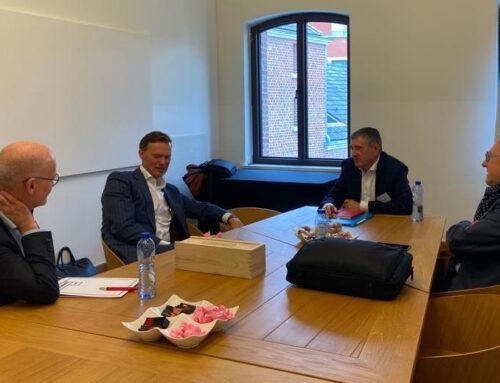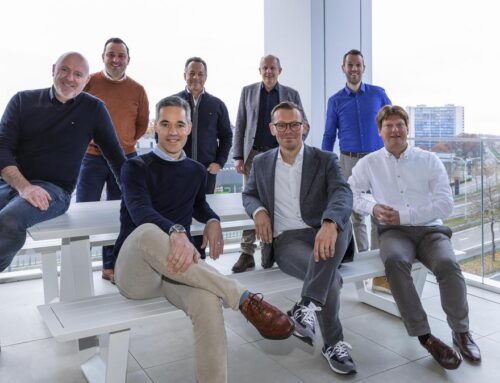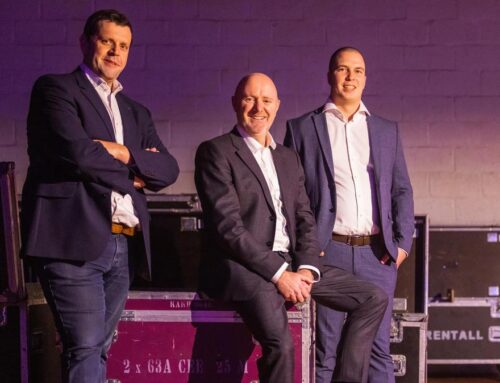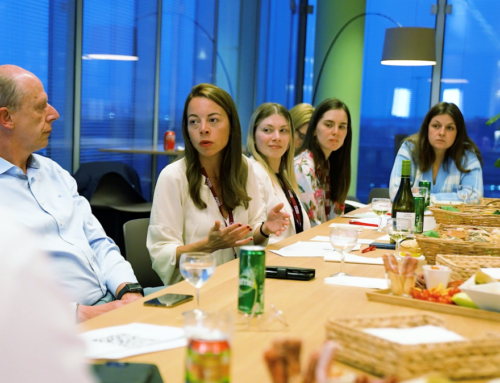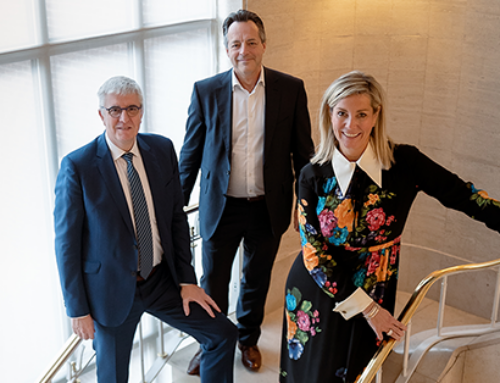From ego to eco mode
The path to a sustainable business model
Mieke Loncke, Marketing & Communication Director BDO Belgium
Short-term financial performance is no longer the only driver of corporate value creation. Companies have more responsibility than ever to create this value with and for all stakeholders. They also face global challenges: climate change, raw material depletion, growing inequalities, etc. At BDO, we want to set an example, be a source of inspiration and act for a sustainable future. How? By offering our customers a range of tools and contributing to the achievement of the United Nations Sustainable Development Goals (SDGs).
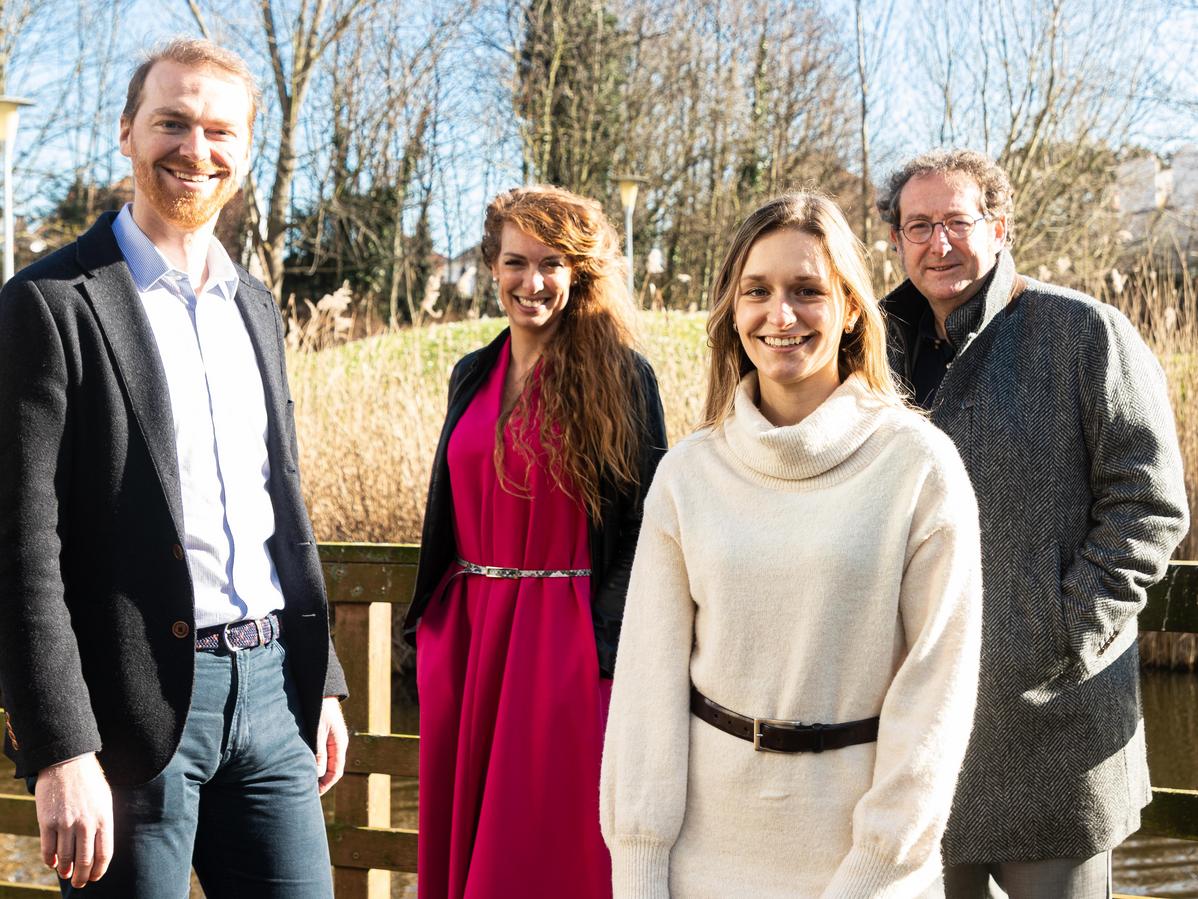
A sustainable business model implies creating both profit as well as value, and thus taking into account the impact companies have on society and the planet. Tessy Martens, Sustainability Services Lead at BDO: “In her book on the doughnut economy, British economist Kate Rayworth explains the following: companies must take the social base (everyone must have access to food, water, voting rights, etc.) and environmental limits (pressure on the planet that leads to climate change, loss of biodiversity, air pollution, etc.) into account, if we want the needs of future generations to be met.”
Tessy Martens and Pierre Poncelet represent our Sustainability Centre of Excellence team. Aubry De Pauw focuses on internal awareness, conscientisation and reporting, in collaboration with Michaël Van Cutsem. This duo is supported by an extensive team of sustainability promoters and ambassadors (see box: ‘A multidisciplinary team’). Together, they have a major objective: “accelerate the sustainable transition of companies and creating an ecosystem in line with BDO’s values, paving the way for a stronger economy, a fairer society, and a more sustainable world.”
The transition to sustainability is an ever-changing process for both BDO and its customers.
“It is obviously unrealistic to believe that, as an organisation, we can cover all the dimensions of the sustainability theme,” continues Aubry De Pauw. “So, we are focusing on 7 UN Sustainable Development Goals (SDGs): carbon neutrality, growth & development, employee well-being, inclusive diversity, governance, leadership and responsible partnership. These priority areas are established with our sustainability ambassadors. Together, we determine the areas in which BDO has the greatest impact and identify what is important to our success. The SDGs only become tangible once they are measurable and therefore comparable (via the Environment, Social and Governance model, for example).”
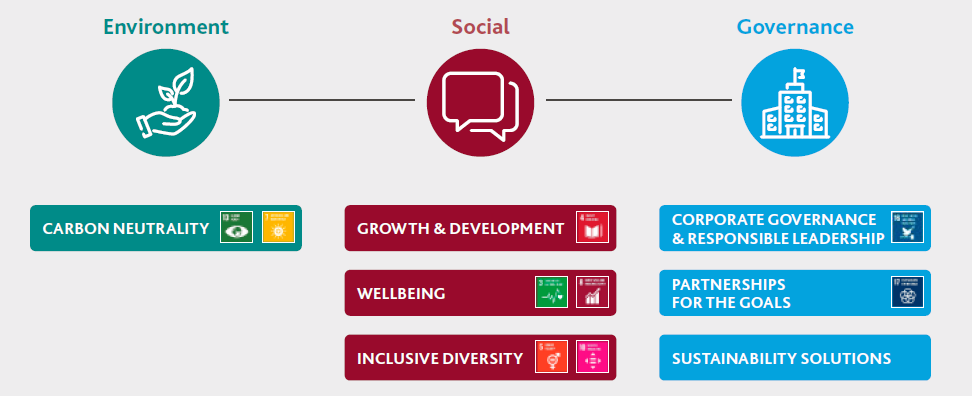
Responsibility
The next step has made it possible to convert our sustainability strategy into a programme composed of concrete short- and long-term actions; a way of indicating the direction BDO wants to take as an organisation and how it will benefit to all stakeholders (internal and external). “This Sustainability Report details our objectives and actions. At the same time, it is a communication instrument designed to raise awareness among employees, customers, suppliers and other stakeholders interested in BDO’s efforts towards a sustainable business model for the future,” explains Aubry De Pauw.
More fundamentally, any public or private organisation will, sooner or later, face the challenge of sustainable transition. This will materialise through new policies, new regulations, and access to capital geared towards financing the transition, taking ESG criteria into account. Finally, and this is probably the most important, it will involve meeting the growing expectations of stakeholders (customers, suppliers, authorities, NGOs, etc.). The challenge for these organisations is to act more responsible by tracking their impact on the planet and contributing to the global effort, maintaining and improving their competitiveness. “We want to help our customers become game changers, to approach this transition proactively instead of transiting under constraints,” explains Tessy Martens. “The sustainable transition represents both risks and opportunities for companies. Anticipating customer expectations, new legislations and regulations or new taxes is the guarantee of a transition that will preserve and create value in the long-term.”
We sometimes hear the phrase: ‘sustainability is the new digital’, similar to the digital transition, it is important not to fall behind in the sustainability transition. A sustainable business model is not just a catchy slogan – it’s a real business case worth developing for each company.
“Our objective? Be a driver of change, initiate and accelerate the sustainable transition of economic players. Starting with ourselves, then turning to our customers.”
Tessy Martens: “By developing a transition programme, setting objectives and ambitions, developing measurable objectives and implementing concrete actions, you demonstrate both sound management and responsibility. Thus, you become accountable for the effectiveness and relevance of this programme towards your stakeholders. At the same time, you must ensure that you meet the regulatory expectations and requirements such as the Sustainable Finance Action Plan regarding transparency and ESG reporting (CSRD – Corporate Sustainability Reporting Directive).”
Aubry De Pauw emphasises that the Sustainability Report is constantly evolving. “A sustainable business model is a process of continuous improvement. This is reflected in the Sustainability Report, which we constantly update based on our readings and forecasts. In this way, we systematically refine our KPIs and add new ones. The pay gap between an employee and their CEO does not yet serve as an indicator of inclusive diversity, for example. The same goes for R&D investments. As soon as such an indicator adds value to our objective, we incorporate it. In other words, BDO does not claim to hold the truth but is constantly learning. Like our customers, we still have a long way to go.”
‘Leading by example’
In practice, the expression ‘leading by example’ means that BDO activates and stimulates the sustainable transition (or transformation) of its customers. For Tessy Martens, the sustainability challenge starts by determining where to start. There is no one size fits all solution. The way to develop a sustainability business model is always specific considering the sector, the value chains, the complexity, etc. The important thing is that companies adapt their strategy and culture holistically, moving from ego to eco. Tessy Martens explains this paradigm shift in a video: ‘A sustainable business case for each company’ (only available in French and Dutch).
Our Centre of Excellence has developed its approach and services to customers based on 4 pillars:
We see upskilling as one of the most important elements in initiating or accelerating the transition. This is why we organise (free of charge) awareness sessions for companies to reflect on the following questions: What is sustainability? Why is it important? How can we meet future challenges? These sessions are aimed at all organisations wishing to initiate (or adapt) their sustainability transition.
